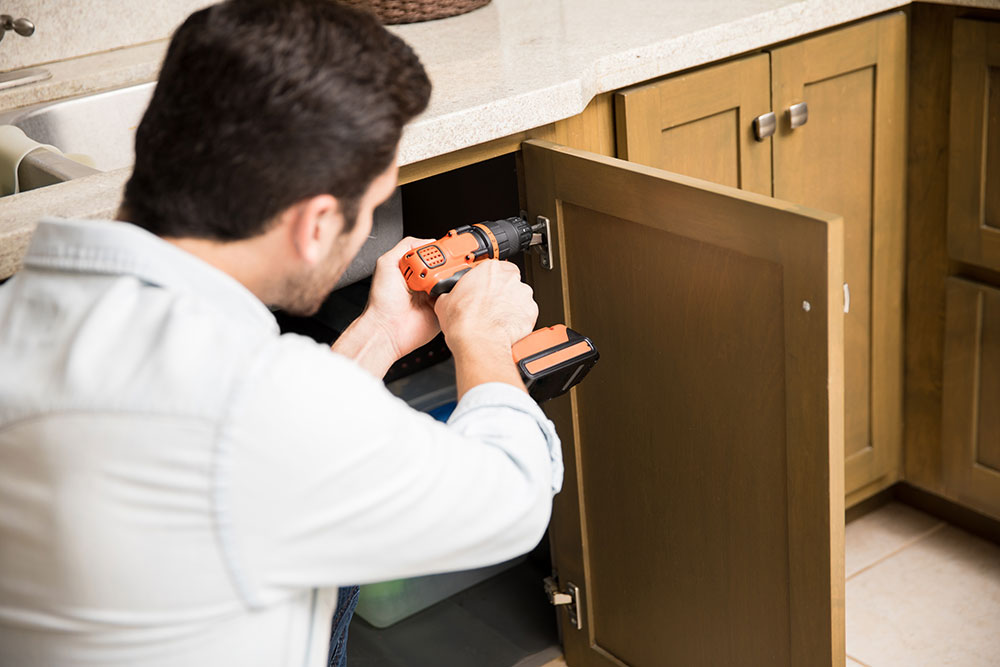
Repairing Your Rental Unit
How to get your landlord to make needed repairs.
Repairing Your Rental Unit
Your landlord must keep your rental unit livable so as not to endanger your health and safety. If your unit needs repairs, notify your landlord in writing and keep a copy for your records.
Landlords’ responsibilities
Landlords have obligations to the tenants. The law requires landlords to keep the premises safe and in good condition and to:
- Fix water leaks from the roof, doors, windows, or walls.
- Repair plumbing, gas, heating, and electrical problems.
- Keep the grounds outside your unit clean, safe, and free of pests such as mice and roaches.
- Supply enough trash bins.
Tenants’ responsibilities
You must keep the unit clean and free of trash. You must use gas, electric, and plumbing fixtures correctly. You must also prevent guests from damaging your unit.
How soon does the landlord have to make repairs?
If your health or safety is threatened, your landlord must immediately make repairs. Urgent items include:
- A broken heater during the winter
- No hot water
- Bad electric wiring
- Toilets and plumbing that don’t work
Your landlord must make urgent repairs, like those just mentioned, quickly. Non-urgent defects that do not put your health and safety at risk should be made within 30 days.
What if my landlord does not make urgent repairs?
There are several things you can do:
File a complaint with a government enforcement agency, such as the County of Los Angeles Department of Public Health or your local Department of Building & Safety. Keep a copy of the inspection report.
Mediate the problem – If you live in the County of Los Angeles, call our mediation services for help.
Sue the landlord – You can sue the landlord for the cost of urgent repairs in Small Claims Court. Call our Small Claims Advisors for assistance.
Repair and deduct – You can have the repairs done yourself, and subtract the cost from your rent. Before you do this, call us for more information, or get legal advice because your landlord might try to evict or sue you.
Stop paying rent – You might not have to pay rent while waiting for the landlord to make repairs. Before you do this, call us for more information, or get legal advice because your landlord might try to evict or sue you.
Move out – If your unit is dangerous to your health or safety, you may be able to move out without giving additional notice. Before you do this, call us for more information, or get legal advice. Otherwise, the landlord might sue you.
What if the landlord does not make non-urgent repairs?
The landlord must repair non-urgent items such as, carpets, draperies, dishwashers, security systems, air-conditioners, and washing machines.
Write a letter to your landlord about the needed repairs. If the repairs are not made, you can sue the landlord in Small Claims Court.
You cannot repair these things and deduct the cost or stop paying rent without the landlord’s permission.
Civil Code 1941-1942
County of Los Angeles Department of Consumer and Business Affairs. Last change: March 1, 2017

